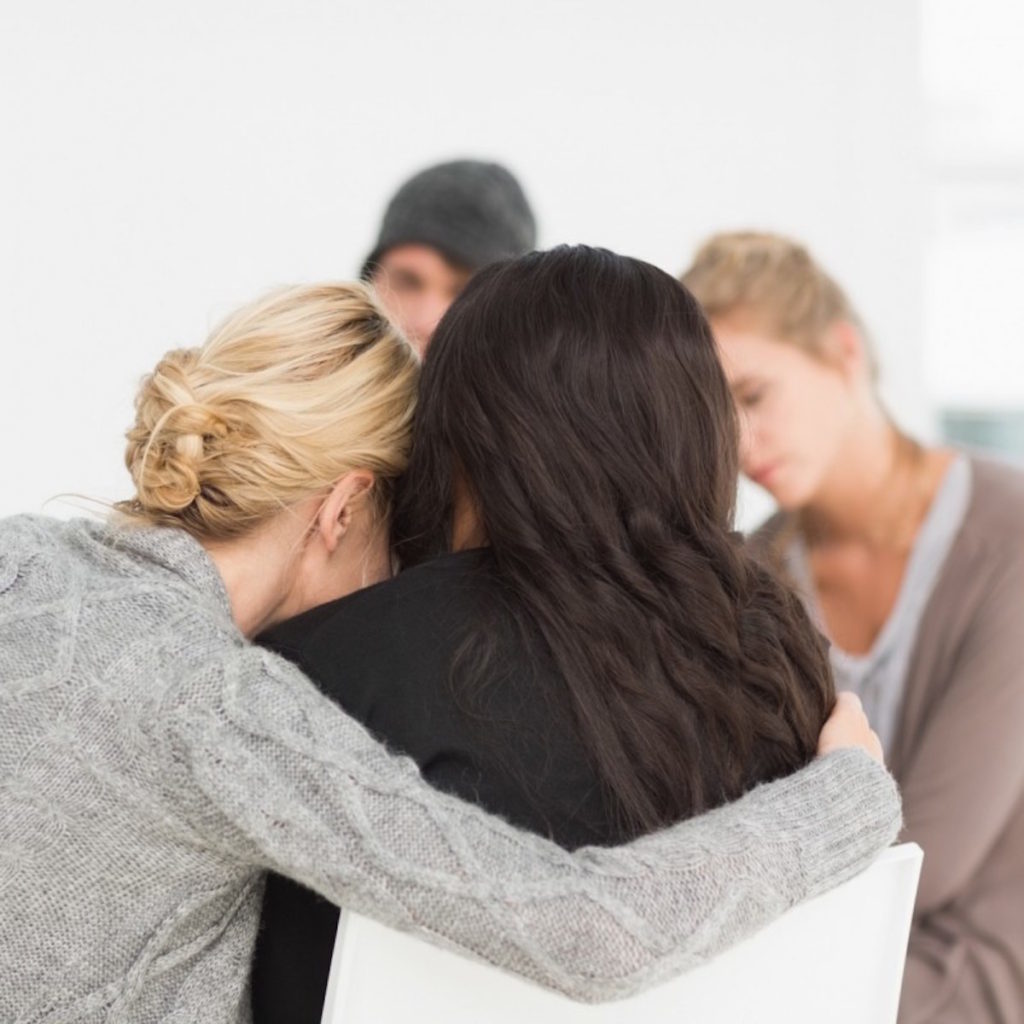“I’m not hurting anyone but me.”
If you love someone in active addiction, the chances are you may have heard a loved one speak these words. If you love someone in active addiction, you know these words are far from the truth. The disease of addiction has a devastating effect on everyone who is close to the person using meth or painkillers. Addiction wreaks havoc within the home. Addiction breaks the heart. Addiction leaves us frustrated, angry, panicked – mentally and emotionally stressed and tormented: Do you walk away from them and all of their problems? Do you help them get better? You’re disappointed when they break another promise, furious when they spend their last dollar on drugs, nervous that they’ll steal from you when you’re not looking. You’ve lied for them, covered their tracks for them, picked them up when they were in need. As much as you may hate to admit it, you’ve given them money.
Have you lost yourself?
If you feel like you’ve lost yourself in another person’s substance addiction – you’re not alone. Like numerous families across the country, you’re encountering the chaos that comes with addiction. You’re doing everything you can do to try to help your loved one. Your every waking moment is spent working to set them free from the addiction. Do you worry when you leave for work? Stress when she’s a few minutes late? Conscious not to leave your purse unattended? Do you double-check your jewelry box when he leaves? Do you keep your phone next to the bedside, waiting for a call in the night? Does your life revolve around your addicted loved one? It’s easy to lose ourselves when we know someone we love is hurting. While our intentions come from a place of love, our boundaries are broken and our efforts can do more harm than good.
Loving yourself.
Have you ever wondered if you love him enough – he’ll stop drinking? If you care for her enough, she’ll get help for her prescription drug addiction? Do you do everything you can to try to prove your love? It’s time to love yourself. If it isn’t dealt with properly, addiction has the power to break down relationships and marriages, destroy self-esteem, and tear apart families. Understanding how to take care of yourself is the first step in doing something that will actually make a difference in your life – and your family’s situation. If you’re looking for ways to start loving yourself – while still loving a person struggling with drug or alcohol addiction, take a look at these tips:
- Set Boundaries: Every single person needs to set boundaries in their relationships, friendships, and marriage – not just those who are experiencing an addiction. Solid boundaries establish guidelines for suitable behaviors, responsibilities and actions. They also protect you and bring a measure of control and sanity into chaotic and insane situations. Boundaries you may want to set in your relationship with an addicted loved one may include:
- No drugs or alcohol in the house
- If you are high or drunk, you are not welcome around me or the children
- I will not tolerate insults or ridicule
- I will not give you money – for any reason
- I will not cover for you or lie for you
- Practice Acceptance: Your loved one’s journey with addiction is just that – theirs. Acceptance comes from understanding that addiction is a disease and recovery is a process. You can be there for love and support along their path when you are able, but you should not walk it with them. In any family support group, you’ll connect with other family members of addiction – and practice understanding and accepting the “3 C’s of Addiction”:
- You didn’t cause the addiction
- You can’t control the addiction
- You cannot cure the addiction
- Forgive: Finding forgiveness may be one of the most difficult processes when it comes to addiction. After all, it is likely that through the course of your loved one’s addiction he or she has lied to you, cheated on you, stolen from you, disappointed or betrayed you. However, hanging on to resentment and anger is like drinking poison and hoping the other person will get sick: It only hurts you in the end. Forgive your loved one and forgive yourself.
- Engage in Self-Care: Self-care doesn’t mean selfish – it means finding the things in life that make you happy. You’ve spent so much of your life taking care of others and making others happy, it’s time you focus that energy on your own well-being. Establish goals and aspirations by taking the focus off of the other person, and turning it on yourself. Find your passion. And don’t worry if it takes a while to find it – you will find an activity, hobby, class or goal that brings you joy.
Despite having a loved one who is addicted to drugs or alcohol, it is possible to still love and care for yourself. If nothing else, remember this: You need to be well so that you can be there for your family and friends when they need you. No one can care for you but YOU – and you owe it to yourself and the ones you love to be well.


